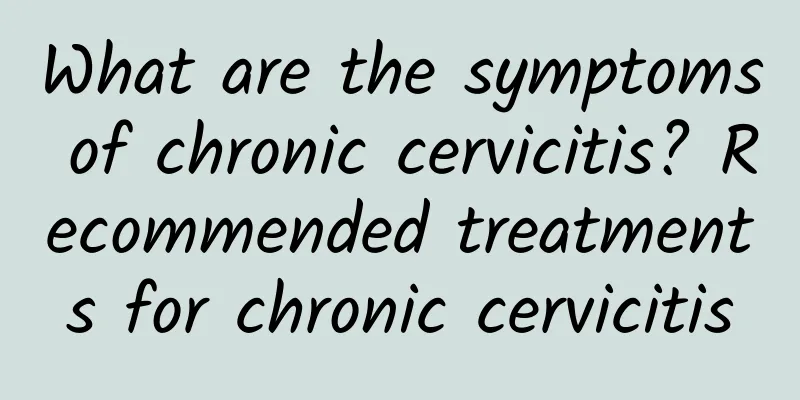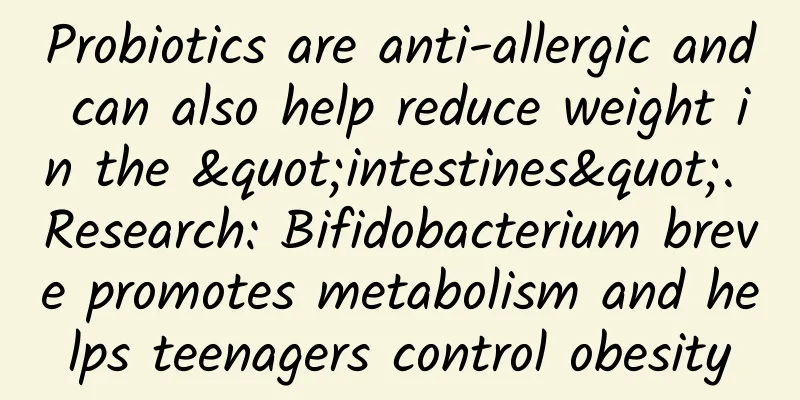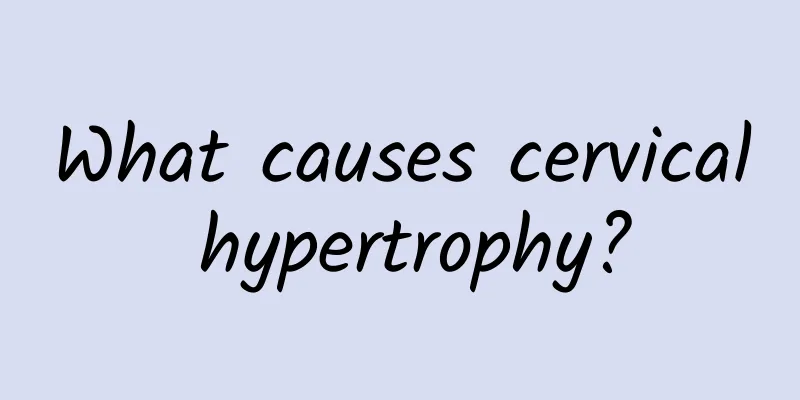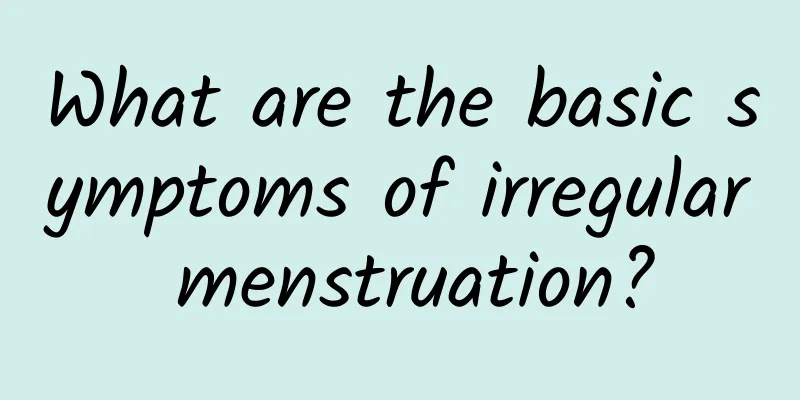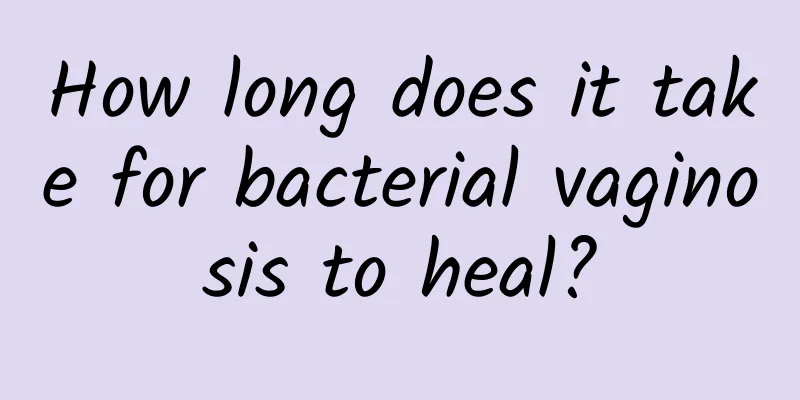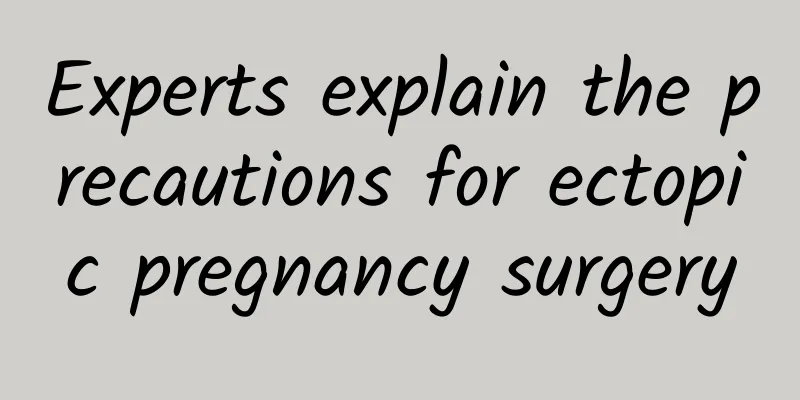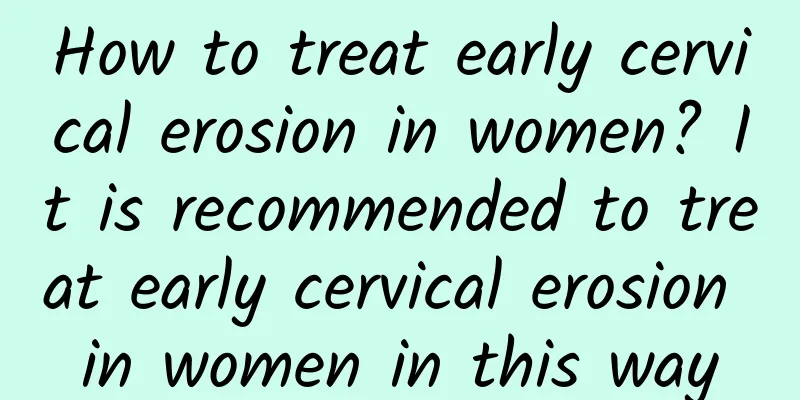What to eat after uterine fibroids removal What to eat after uterine fibroids removal
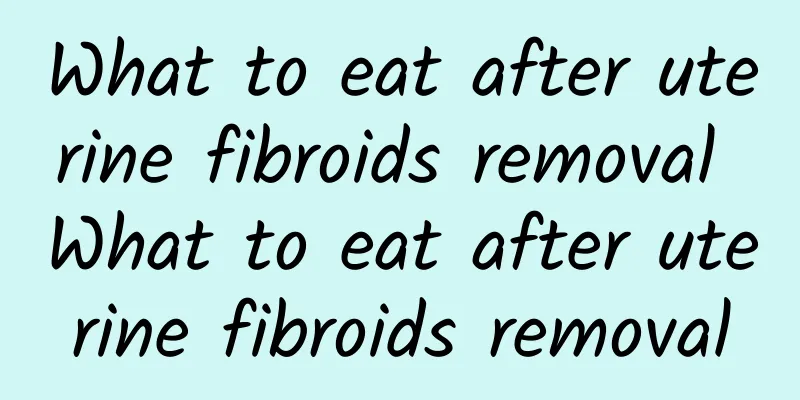
|
What to eat after removing uterine fibroids - healthy diet advice Uterine fibroids are a common gynecological disease with a high incidence rate. After surgical removal of uterine fibroids, the recovery period is critical, and good eating habits play an important role in postoperative recovery. Next, this article will discuss what to eat after removing uterine fibroids from multiple angles. Paragraph 1: Pay attention to the intake of high-fiber foods After surgery to remove uterine fibroids, the endometrium may be damaged to a certain extent. Therefore, consuming high-fiber foods can help promote intestinal peristalsis and relieve constipation. High-fiber foods can also help control weight, maintain blood sugar stability, and reduce the risk of breast cancer. It is recommended to consume rich fruits, vegetables, whole-wheat bread, and brown rice. Second paragraph: Supplement rich nutrients The recovery period after surgery requires a lot of nutrients to support the body's recovery. In particular, nutrients such as vitamin C, vitamin E, vitamin D, iron and protein. Vitamin C helps repair tissues and promote wound healing; vitamin E has an antioxidant effect and helps relieve inflammation; vitamin D helps absorb calcium and maintain bone health; iron is an indispensable element in the hematopoietic process; and protein is necessary for body repair and cell regeneration. Therefore, the intake of these nutrients should be fully considered in the diet after surgery. Paragraph 3: Eat more foods rich in phytoestrogens Phytoestrogens are substances that can mimic the effects of human estrogen, which can help regulate the endocrine system and relieve symptoms such as irregular menstruation. Some foods rich in phytoestrogens include beans, flax seeds, and soy products. Moderate intake of these foods can help maintain hormone balance and is very helpful for recovery after surgery. Fourth paragraph: Recommended recipes Here are some examples of recipes that may be suitable for you after surgery to remove uterine fibroids: 1. Breakfast: a bowl of oatmeal porridge with nuts and fruits, and a cup of yogurt; 2. Lunch: A strawberry spinach salad with grilled chicken breast or salmon and whole-wheat bread. 3. Afternoon tea: a cup of soy milk or soy milk, with a slice of whole wheat bread or biscuits; 4. Dinner: Cooked fish fillet or chicken breast with stir-fried vegetables and brown rice; 5. Midnight snack: a glass of warm milk with a small amount of nuts or fruits. After surgery to remove uterine fibroids, we need to pay attention to the diet during the recovery period. By properly consuming high-fiber foods, supplementing with sufficient nutrients, and increasing the intake of phytoestrogens, you can help your body recover soon. Of course, the above are just some suggestions, and detailed dietary adjustments still need to be determined according to your actual situation. During the postoperative recovery period, it is best to follow the doctor's advice and consult professionals on diet. After removing uterine fibroids, a scientific diet is an important part of promoting physical recovery. |
<<: What medicine can be applied to uterine fibroids? What medicine is good for uterine fibroids?
Recommend
What are the symptoms of pelvic effusion?
Pelvic effusion is a common disease among modern ...
What are the clinical manifestations of vulvar leukoplakia?
Did you know that vulvar leukoplakia is closely r...
What is the reason for brown blood before menstruation?
If a small amount of brown blood appears between ...
How can women detect pelvic peritonitis early?
When the female body's resistance is reduced,...
How to use medicine for chronic cervicitis in women? Recommend several medicines to treat chronic cervicitis
Chronic cervicitis is one of the chronic gynecolo...
Collagen nourishes the skin and helps protect the body! Nutritionist Zhao Hanying recommends: Low-calorie fungus and vegetable soup is better
If you want to make your skin shiny and elastic, ...
How does Traditional Chinese Medicine view the treatment of irregular menstruation?
How does TCM treat irregular menstruation? Many p...
The most advanced method for diagnosing threatened miscarriage
In today's society, women are experiencing th...
Why does pelvic peritonitis recur?
Speaking of pelvic peritonitis, I think everyone ...
Minimally invasive treatments for uterine fibroids
In recent years, minimally invasive surgery has b...
Will cervical pregnancy lead to spontaneous abortion? Will there be bleeding?
Cervical pregnancy may lead to spontaneous aborti...
Say goodbye to obesity from now on! Do the right 7-week diet plan to help you lose weight for the last time in your life
Week 1: Detox Week 1. Diet: Eat at least 5 kinds ...
What are the causes of non-menstrual bleeding?
What are the causes of non-menstrual bleeding? No...
Introduction: Early symptoms and prevention of vulvar leukoplakia
What are the early symptoms of vulvar leukoplakia...
How to regulate women's menstrual irregularities through diet?
How to adjust women's menstrual irregularitie...

